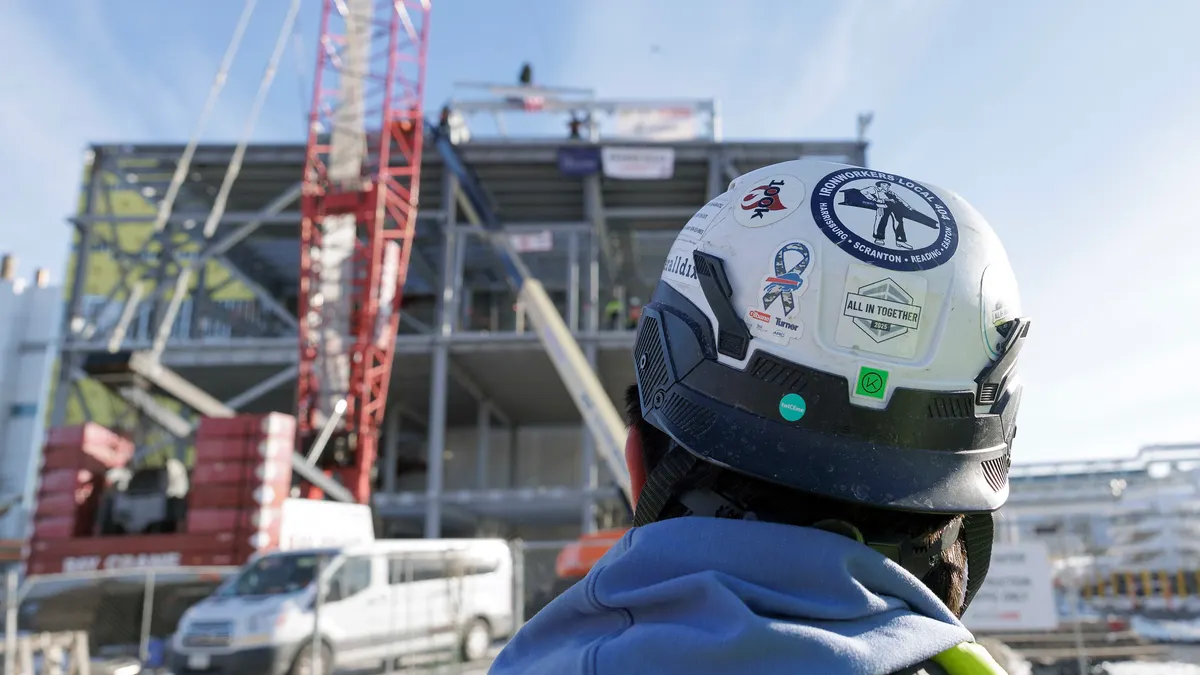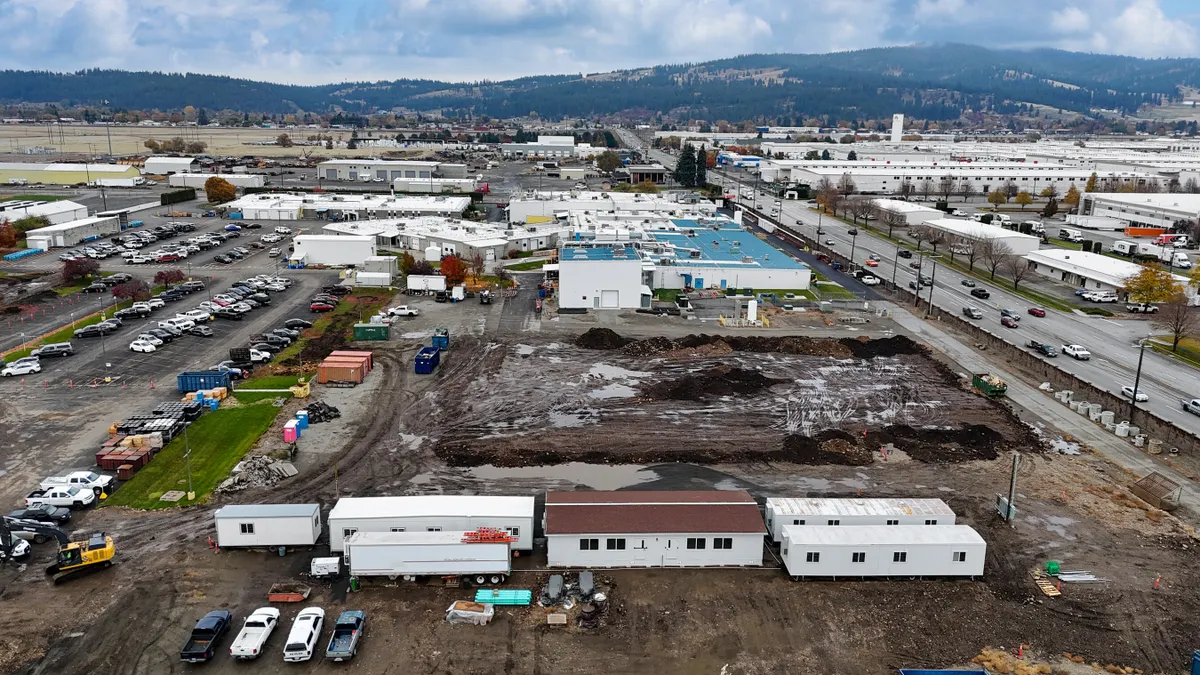Despite all the talk of automating construction and allowing machines to do a person's work, there are some aspects of the profession that remain uniquely human. Steven Gentilucci, general superintendent and head of self-perform division with Consigli Construction, says that craftsmanship remains an important aspect of commercial construction, and that the industry has to invest in training a new generation of craftsmen.
With six locations in New England, plus an office in Washington, D.C., family-owned Consigli Construction has a more than 100-year history in the industry. The company has 800 employees, and focuses on academic and institutional, historic restoration, government, corporate, healthcare and life sciences contracting. Although the company employs technologies, it hasn't lost its focus on the importance of craftsmanship. Rather, it's found a way to merge new practices with the utmost precision and care a craftsman can offer.
Gentilucci, who has been with the company for 18 years, shared his thoughts with Construction Dive on why Consigli maintains a focus on craftsmanship and why it's important for the entire industry to bear in mind.
Why is craftsmanship such a focus for you?
GENTILUCCI: There are many construction firms that build buildings. I joined Consigli because I wanted to work for a family business that was deeply rooted in craft work. As the largest self-perform construction manager in New England, our tradespeople take great pride in the work they do. The quality and care on the most delicate parts of each project is what makes Consigli special.
How do you define craftsmanship?
GENTILUCCI: Craftsmanship is being able to do things that other people cannot. It is a level of quality and attention to detail exhibited by highly skilled tradespeople who have a deep understanding and knowledge of their trade. A craftsperson has honed his abilities and talent in a specific area of the industry and exhibits an unfailing commitment to the quality of the work. Attention to detail, among everything else, is paramount.
How do you encourage craftsmanship at your company?
GENTILUCCI: We think of our craftspeople as artists. That being said, craftsmanship can certainly be taught. As a company, Consigli is constantly reinvesting in its employees to build and enhance job and management skills. Younger craftspeople must have an open mind and a commitment to learn and absorb information from the more experienced craftspeople.
Craftsmanship must begin as a mindset. It is care and concern and pride in one’s work. You can identify people who have this pride and then give them the tools, equipment and training to hone that trade. We identify young tradespeople who have these characteristics and partner them with our more seasoned, experienced veterans to teach both the trade and craftsmanship, but also the importance of delivering the highest-quality building product to our clients.
How do you merge craftsmanship with innovation?
GENTILUCCI: Our industry is changing fast. Identifying new technologies and tools that can make the process better and implementing them is a priority. Innovation comes in many forms. Take, for example, the idea of removing and reinstalling centuries-old millwork for the installation of new mechanical equipment.
Just five years ago, we would take photos, print them out and label them to use as a guide for reassembly. We now utilize a new 3-D orbital camera that allows us to tag the parts and pieces electronically, which produces lifelike walkthrough images in a matter of minutes. This allows us to be more precise in our restoration process — our craftspeople absolutely love it. It makes their lives easier, while allowing them to focus on the craft.
Preparation and a commitment to communication and collaboration between the craftspeople and the project management team allow for success. Our project managers are always looking for ways to be innovative in their approach, as well as to find new solutions to problems. By using technology, we better connect teams and find ways to help the owners, subcontractors and design teams visualize the project, anticipate issues and make better-informed decisions.
Why do you believe the industry is slipping away from its craft-focused roots?
GENTILUCCI: Embracing changing technology, lean processes and new construction materials and techniques are so important. Younger, tech-focused people joining the workforce do not see craftsmanship as an attractive career the way past generations have. As an industry, we need to work to change this perception.
How do you find enough qualified labor to fill open positions?
GENTILUCCI: With 300 laborers on our staff we never lose sight of how important these people are to a successful project. Today, we are seeing a shortage of skilled craftspeople. As an industry, we need to invest in the next generation of craftspeople. It is hard work to identify, train and lead people down the path to craftsmanship and it is an investment only few companies are willing to make. Consigli is one of those companies.





















